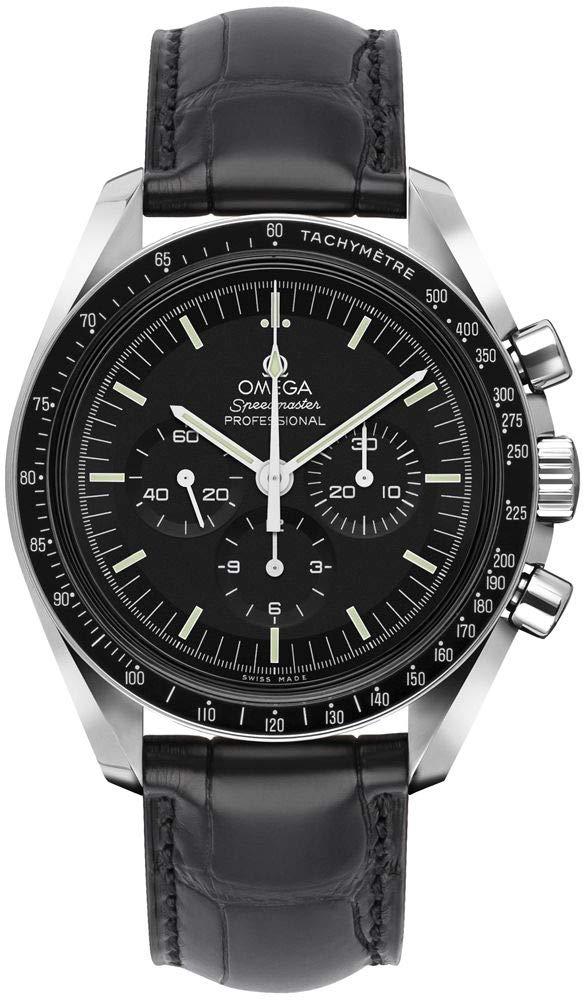Omega Speedmaster Moonwatch: legendary Chronograph Revisited
In the annals of horological history, few timepieces resonate with the same celestial acclaim as the Omega Speedmaster Moonwatch. Its journey began not just as a mere instrument of timekeeping but as a symbol of human triumph, having earned its place on the lunar surface during the Apollo missions. This iconic chronograph has transcended its original purpose,evolving into a beloved artifact for watch enthusiasts and space aficionados alike. In this article, we embark on a journey through the fascinating legacy of the Speedmaster, exploring its design, engineering marvels, and the stories that elevate it from a simple wristwatch to an enduring emblem of adventure and exploration. Join us as we revisit the intricate craftsmanship and the remarkable history that have solidified the Omega Speedmaster Moonwatch as a legendary chronograph worth celebrating.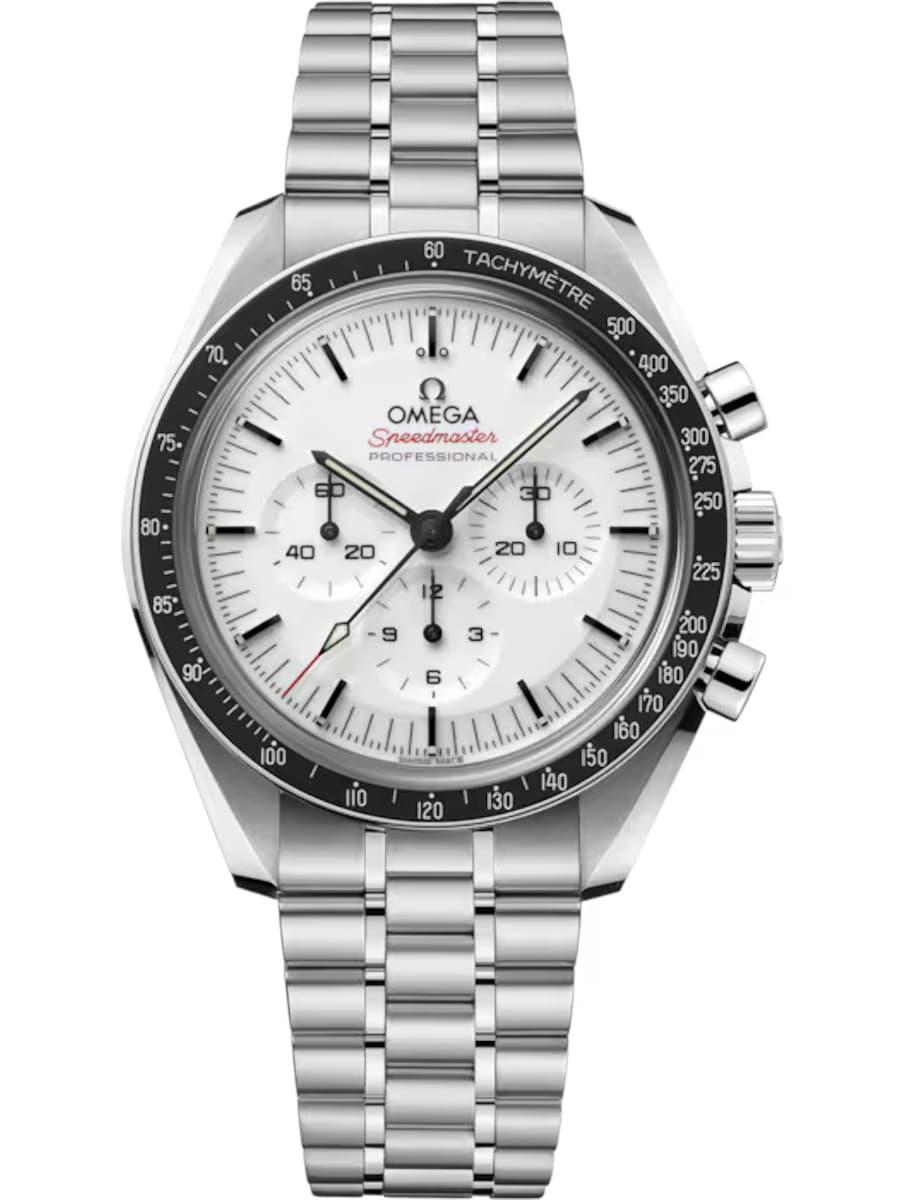
The Timeless Design of the Omega Speedmaster Moonwatch
The Omega Speedmaster Moonwatch stands as an iconic symbol of horological excellence, seamlessly blending functionality with an unmistakable aesthetic appeal. Crafted with precision and attention to detail, its design has remained largely consistent as its inception in 1957. The alluring black dial, characterized by its contrasting sub-dials and luminescent markings, provides not only a striking visual contrast but also maximum readability in varying light conditions.This design ethos resonates throughout its features, wich include the tachymetric scale bezel, ensuring it remains a versatile tool for measuring speed or distance.
Over the decades, the Speedmaster has transcended mere timekeeping to become a cultural artifact. Its storied history, including its role during the Apollo missions, adds a layer of prestige to its timeless design.The watch is marked by a range of materials and finishes, such as stainless steel and sapphire crystals, allowing it to maintain both resilience and elegance. Whether worn as a statement piece on a night out or as a reliable companion for outdoor adventures, its versatility and commitment to craftsmanship continue to captivate enthusiasts and collectors alike.
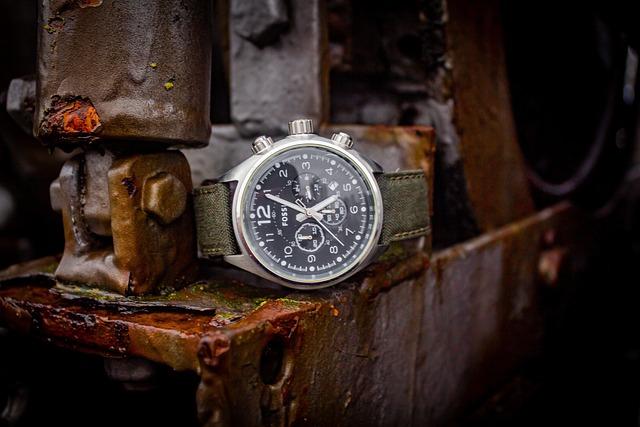
Exploring the Technical Mastery Behind the Chronograph
The legacy of the Omega Speedmaster Moonwatch is not solely rooted in its rich history but also in the intricate craftsmanship that defines its exceptional functionality as a chronograph. At the heart of this timepiece lies the renowned Caliber 321 or,in more recent models,the Caliber 3861,both of which epitomize precision engineering. Each component is meticulously designed to ensure not just durability but also a remarkable level of accuracy,capable of timing intervals with extreme precision. With features like:
- Column wheel mechanism: This precise system enhances the responsiveness of the chronograph function.
- Coaxial escapement: Provides improved timekeeping stability and reduces friction for better longevity.
- Anti-magnetic properties: Developed to withstand magnetic fields, ensuring ongoing accuracy.
Moreover, the Omega Speedmaster’s visual design complements its technical prowess. The layout of the sub-dials is purposefully designed for optimal readability while maintaining a sleek aesthetic that is quintessentially Omega. The use of high-quality materials, such as stainless steel and ceramic, not only contributes to its durability but also enhances the overall user experience. The attention to detail extends to the tachymetric scale on the bezel, enabling users to measure speed or distance effortlessly. In a world where precision and aesthetics often clash, the Speedmaster Moonwatch expertly interlaces both, making it a timepiece revered not just for its ancient significance but also for its unparalleled craftsmanship.
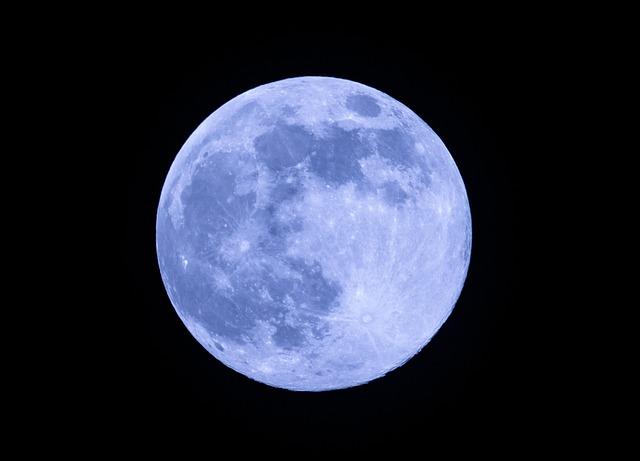
A Legacy of Adventure: The Moonwatch’s Historic Journey
The Omega Speedmaster Moonwatch, affectionately known as the “Moonwatch,” has etched its name in history as the chronograph that transcended time and space.Originally designed for motorsport,its rugged precision captured the attention of NASA when looking for a watch that could withstand the harsh conditions of space travel. The rigorous testing included extreme temperatures, zero gravity, and even vibration, ensuring that only the most reliable companion would accompany astronauts on their celestial journey. This odyssey into the cosmos changed everything:
- 1965: The Speedmaster is officially certified by NASA for human spaceflight.
- 1969: Buzz Aldrin wears the Moonwatch during Apollo 11’s lunar landing.
- 1970s: The chronograph continuously serves various space missions, solidifying its legacy.
The intricate design of the Moonwatch seamlessly marries functionality and aesthetics, characterized by its signature black dial and tachymetric scale. With features designed for precision timing, it has not only catered to astronauts but also thrilled watch enthusiasts around the world. Its impact can be showcased through notable editions that capture the spirit of exploration, from the iconic CK 2915 model to the modern iterations that continue to honor its heritage. Consider the following elements that define the Moonwatch:
| Feature | Description |
|---|---|
| Chronometer | Certified precision, ensuring accurate timekeeping. |
| Design | Classic look with a contemporary twist; a symbol of elegance. |
| Durability | Robust construction designed for extreme conditions. |
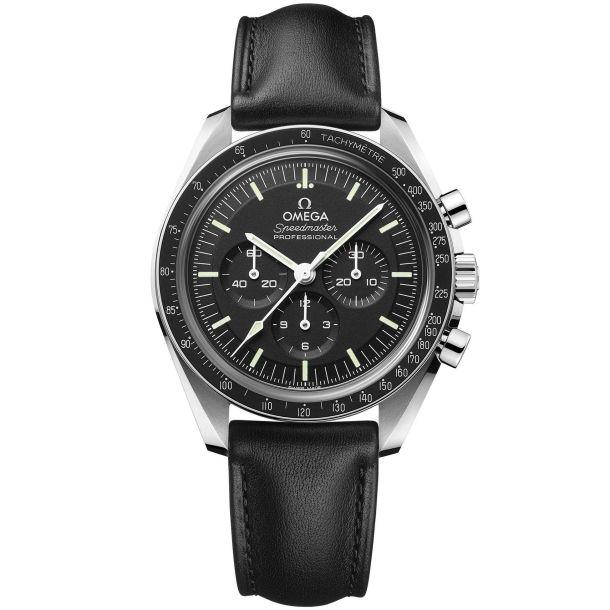
Choosing the Right Omega speedmaster for Your Collection
When selecting an Omega Speedmaster for your collection, it’s essential to consider factors beyond mere aesthetics. The Speedmaster range is rich with history and technical prowess, catering to various tastes and preferences. Here are a few key aspects to contemplate:
- Heritage: Some models, like the classic Moonwatch, boast a profound connection to space exploration.
- Design variations: Explore different dials, bezels, and case materials; from stainless steel to limited edition gold pieces, each tells its own story.
- Movement Types: Understanding the differences between manual and automatic movements can definitely help you find a watch that fits your lifestyle.
Additionally, budget and availability can substantially influence your decision. the following table outlines some of the popular models and their typical price ranges:
| Model | Typical Price Range |
|---|---|
| Speedmaster Professional moonwatch | $5,500 – $7,000 |
| Speedmaster Racing | $4,500 – $6,000 |
| Speedmaster ’57 | $6,000 – $8,000 |
| Speedmaster So-Moon | $8,000 – $15,000 |
Ultimately, the right Omega Speedmaster is not merely a watch; it is indeed a piece of history and craftsmanship that resonates with your personal journey. Taking the time to understand these elements will ensure that your investment reflects both passion and precision.
In Retrospect
As we conclude our exploration of the Omega Speedmaster Moonwatch, we find ourselves not merely reflecting on a timepiece but engaging with a rich tapestry of history, craftsmanship, and human achievement. From its origins in the 1960s to its pivotal role in the Apollo missions, the Speedmaster transcends its function as a mere chronograph; it symbolizes humanity’s relentless pursuit of exploration and innovation.
Whether you are a horology enthusiast, a space aficionado, or simply someone who appreciates the artistry of well-crafted instruments, the speedmaster Moonwatch invites us to look beyond the confines of timekeeping. It serves as a reminder of the moments that shape our understanding of the universe and ourselves.In revisiting this legendary chronograph, we celebrate not just its past, but also its potential to inspire future generations—both on Earth and beyond. As we fasten this iconic watch to our wrist, we carry with us a piece of history and a promise of adventures still to unfold. The Omega Speedmaster Moonwatch remains, unequivocally, a timeless companion in the journey of time itself.
